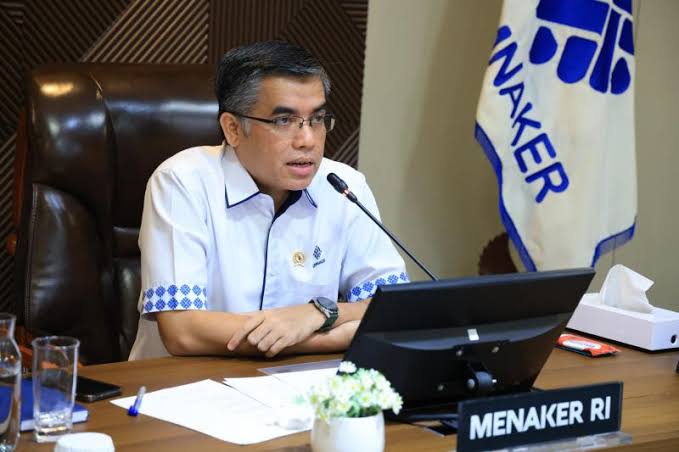Indonesia Braces for Rising Unemployment as IMF Predicts 5% Rate in 2025
JAKARTA, RAKYAT NEWS — The Indonesian government is taking proactive steps to address rising unemployment, following a recent forecast from the International Monetary Fund (IMF). The IMF’s April 2025 World Economic Outlook projects the country’s unemployment rate will increase slightly to 5% this year, up from 4.9% in 2024. While modest, the uptick is seen by officials as a sign of broader challenges ahead, especially amid global economic uncertainties.
Minister of Manpower Yassierli emphasized that the government is treating the IMF’s projection as a serious warning. Speaking at the Human Capital Summit 2025 in Jakarta, he assured the public that the administration is committed to tackling unemployment through concrete, coordinated action. “We view this as a call to action. The government is fully committed to addressing unemployment with focused and sustainable efforts,” he said.
To that end, the Ministry of Manpower is working closely with other government agencies to coordinate labor policy and identify job creation opportunities. Yassierli stressed the importance of cross-ministerial cooperation, explaining that closing employment gaps requires a united approach. The government aims to align policy efforts with sectors showing potential for labor absorption, while also improving support for vulnerable workers.
Several government programs are being positioned as key tools in boosting employment. One such initiative is the Free Nutritious Meals (MBG) program, which is expected to generate jobs across agriculture, logistics, and food services. Additionally, the Task Force on Employment Termination (Satgas PHK) remains active in monitoring layoffs and providing immediate support to affected workers.
Recognizing the crucial role of the private sector, the government is encouraging businesses to participate in employment recovery efforts. This includes organizing job fairs, offering vocational training, and partnering with public institutions to develop talent pipelines. “Business engagement is vital to expanding job opportunities and building a future-ready labor force,” Yassierli noted.


Tinggalkan Balasan Batalkan balasan